Caring for the coat, teeth and eyes as well as clipping the nails are part of every dog's life. A small dog can be handled on a table and a bigger one on the floor. All treatments and measures should be made as pleasant as possible for the dog. They should not be associated with feelings of pain because this may teach the dog to fear them.
Nutrition and dangerous foodstuffs
A breeder usually gives careful and explicit instructions on how to feed your puppy. These instructions are usually worth following. All dogs need however nutrition of good quality and fresh water available at all times.
There are many ways to feed a dog and the need of energy varies from dog to dog. The owner must select a way that promotes the dog's welfare and suits the owner's requirements as well. For your overall well-being, it’s important to avoid excess weight – the same goes for dogs. That is why you should not give too many treats for your dog.
Note that the following foodstuffs are dangerous for dogs:
- Chocolate
- Xylitol
- Onion
- Grapes and raisins
- Pastry dough
- Raw root vegetables and ears of maize, fruit seeds
- Macadamia nuts
- Mouldy food
Dog illnesses
More than 700 hereditary illnesses have been identified in dogs. They suffer from illnesses that are very similar to those that afflict people, because a dog's genes are up to 95 per cent the same as a human's, we live in a similar environment and our lifestyles are often very similar as well. Dogs have their own contagious flus and other viral diseases, some of which can be prevented with vaccinations.
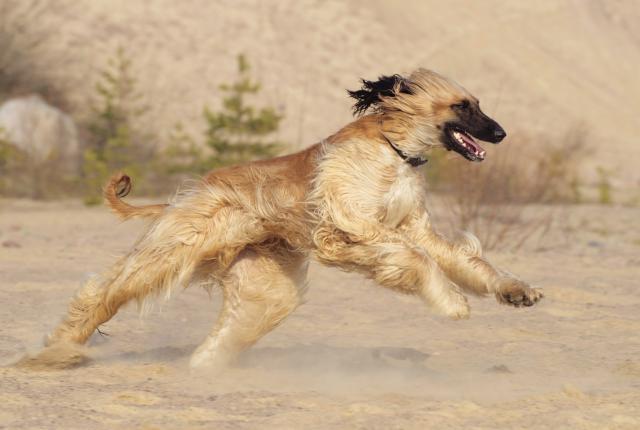
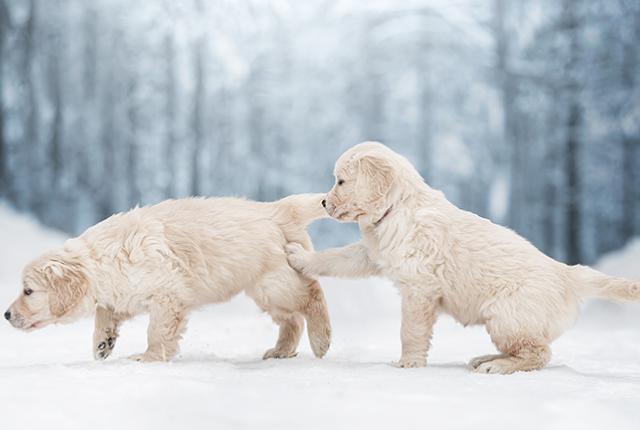
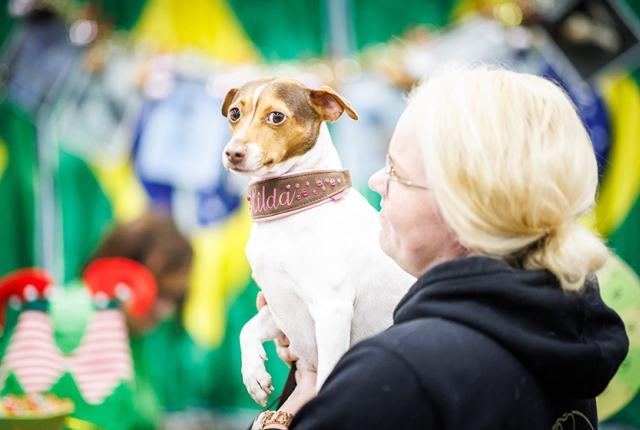
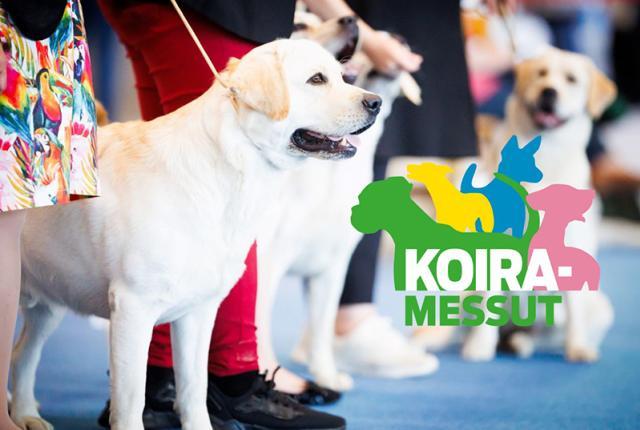
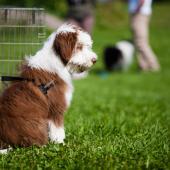
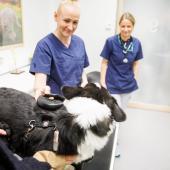
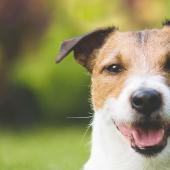
 PrimaDog
PrimaDog Agria
Agria